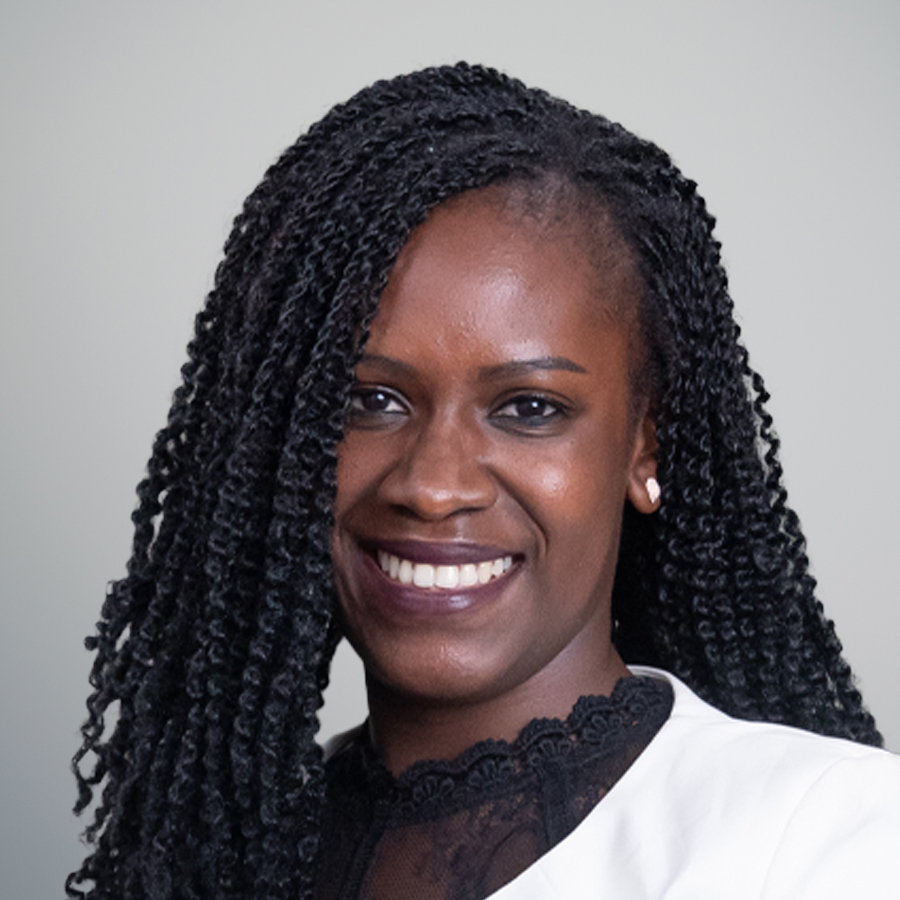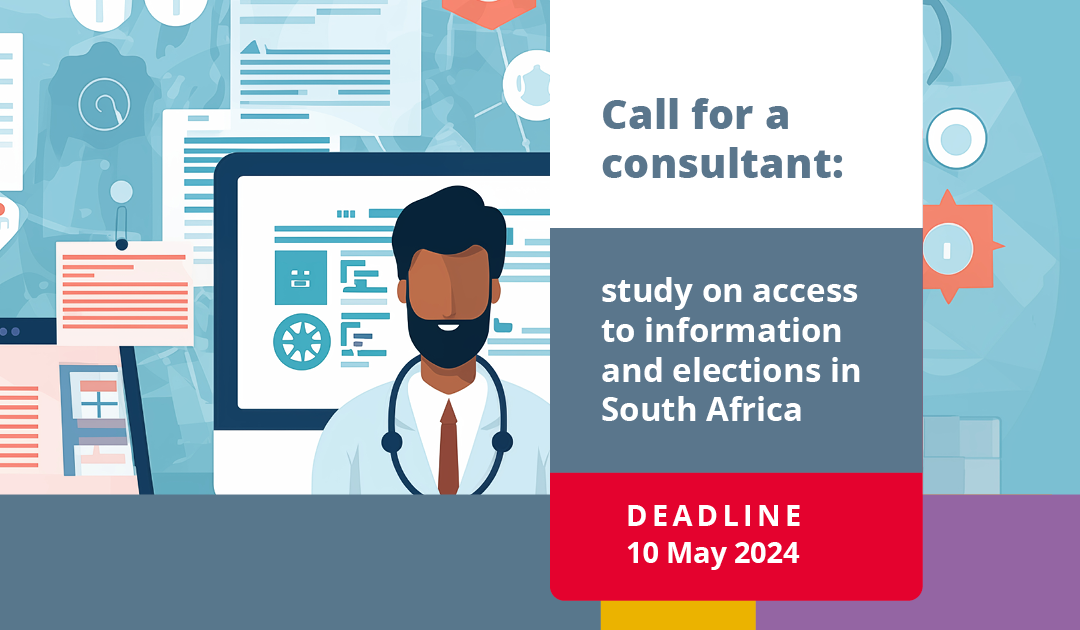The Centre for Human Rights, Faculty of Law, University of Pretoria (the Centre) is looking for a consultant to undertake a study on access to information and the quality of the information ecosystem in the 2024 national and provincial elections in South Africa. The study is supervised by the Expression, Information and Digital Rights Unit under the Access to Information and Elections project.
Download Terms of Reference
Background
In 2019, the Centre launched a research initiative focusing on access to information and enhancing transparency in African electoral processes. The pioneering assessment in the research series was the study of the 2019 elections in South Africa which culminated with a comprehensive report and factsheet as outputs. Subsequently, the Centre expanded its scope and has examined Uganda, The Gambia and Kenya. This forthcoming report represents the second evaluation of South Africa’s information landscape during the 2024 elections, building upon the insights gained from previous studies.
The studies examine proactive disclosure practices by key electoral stakeholders in compliance with normative frameworks on access to information at the regional and national levels. The Guidelines on Access to Information and Elections in Africa (the Guidelines) are the primary reference point for the assessment. The Guidelines were adopted by the African Commission on Human and Peoples’ Rights in 2017 to shore up the protection of Article 9 rights (freedom of expression, access to information and media freedom) of the African Charter on Human and Peoples’ Rights. The Guidelines outline responsibilities to electoral stakeholders to proactively disclose public interest information throughout the electoral cycle to enhance electoral transparency and integrity as well as informed and meaningful participation of the electorate. The electoral stakeholders in the Guidelines include the appointing authority of Election Management Bodies (EMBs); EMBs; political parties and candidates; law enforcement agencies; election observers and monitors; media and online media platform providers; media regulatory bodies; and Civil Society Organisations (CSOs). The Declaration of Principles on Freedom of Expression and Access to Information in Africa represents another critical normative framework that enhances access to information, particularly considering emerging and ensuing digital opportunities and threats.
Following the release of the initial report and factsheet, the Centre undertook targeted stakeholder consultations to promote the implementation of recommendations. These engagements have been with key implementing partners including the Independent Electoral Commission of South Africa (IEC), the Information Regulator (IR) and the South African Human Rights Commission (SAHRC). The commitments of these critical partners towards implementing the Guidelines and the recommendations of the SA report were captured in a communiqué. The Centre also conducted stakeholder meetings with political parties and candidates and media and civil society. These engagements were held in collaboration with the IEC, IR, SAHRC, South African National Editors' Forum (SANEF) and Media Monitoring Africa (MMA).
Pivoting from the first research on South Africa that primarily focused on compliance with the Guidelines, the 2024 report will assess the implementation of the recommendations of the 2019 report and subsequent commitments by electoral stakeholders; holistically examine the realisation of the right of access to information and data by electoral stakeholders; and the integrity of the information ecosystem and the impact on the 2024 elections as required under normative instruments at the international, regional and national levels. The Centre, therefore, seeks a qualified consultant to undertake this research, develop targeted recommendations to key electoral stakeholders and propose an implementation plan.
Consultant’s duties
The Consultant shall develop the research report using an agreed-upon methodology and the report must meet the below criteria:
- A well-researched, evidence-based report on the state of access to information in South Africa;
- A detailed analysis of the relevant legislative framework at the national, regional and international levels;
- A review of the steps undertaken by electoral stakeholders to implement the recommendations of the 2019 election report. Where no steps were undertaken, an assessment of the reasons thereof;
- A current review of the measures taken by the relevant stakeholders to facilitate access to information and data during the 2024 elections;
- An assessment of the application and impact of digital technologies on access to information and the overall integrity of the information ecosystem during the 2024 elections;
- An appraisal of digital threats to the information ecosystem during elections and mitigating strategies;
- An analysis of the information ecosystem in the context of vulnerable and disadvantaged groups in the 2024 elections and challenges of information poverty;
- An assessment of the impact of false news on the electoral information integrity in the 2024 elections;
- An assessment of privacy and data protection issues in the context of information disclosure practices; and
- Detailed recommendations and an implementation plan for key institutions and electoral stakeholder organisations.
Eligibility criteria
- Post-graduate degree in law, human rights, political science or another relevant field.
- Demonstrable knowledge of the African human rights system and South Africa’s normative and institutional framework.
- In-depth understanding of elections and the state of the information ecosystem in South Africa.
- Demonstrable experience in undertaking similar assignments.
- Based in South Africa.
- Excellent drafting skills and an ability to write comprehensive reports.
Deadline for submission
Interested applicants should submit a technical proposal, curriculum vitae and sample of similar work to marystella.simiyu@up.ac.za by 10 May 2024.
For more information, please contact:

Tel: +27 (0) 12 420 3180
Fax: +27 (0) 86 580 5743
marystella.simiyu@up.ac.za


